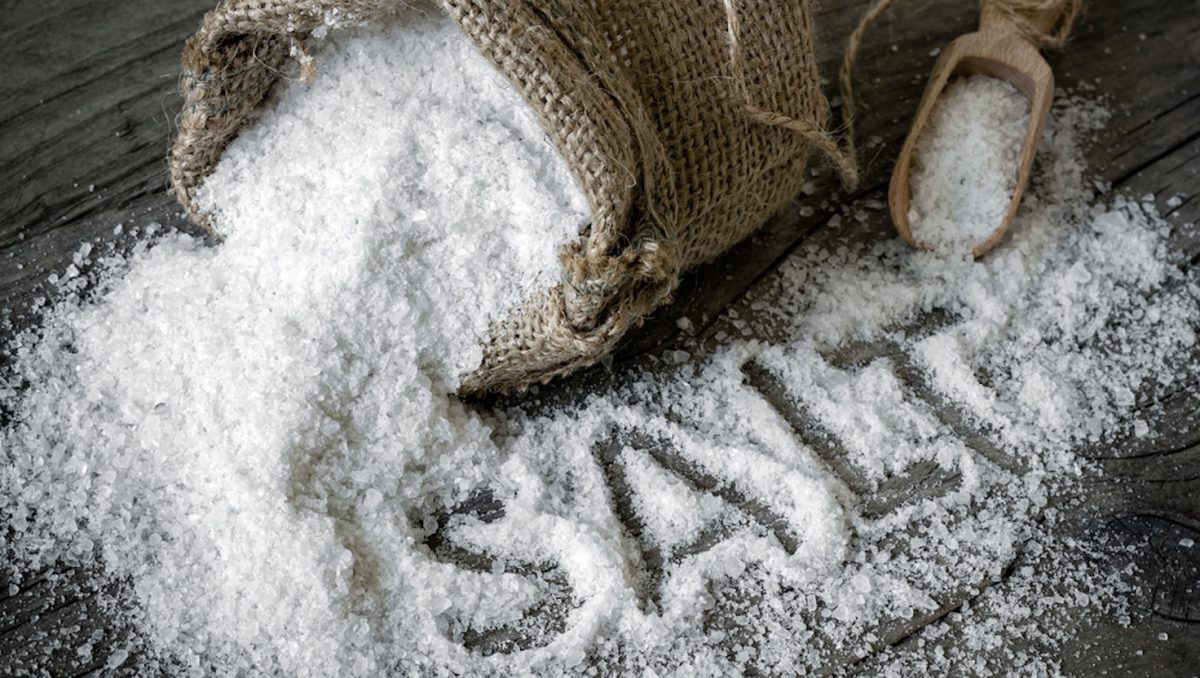
The History of Salt
The History of Salt: A Mineral That Shaped Human History
Salt, commonly known as sodium chloride (NaCl), is a mineral that has profoundly influenced the course of human history. Far beyond its use as a simple seasoning, salt has shaped civilizations, driven economies, and remains essential for both human health and modern industries.

Salt in Prehistoric Times
The importance of salt dates to prehistoric times, when early humans first harvested it for its powerful preservative properties. Before the invention of refrigeration, salt was crucial for preserving meat and fish, allowing food to be stored for long periods and facilitating extensive trade across regions.
This ability to preserve food made salt a symbol of wealth and a highly sought-after commodity. In fact, the term “salary” is derived from the Latin word salarium, which referred to payments made to Roman soldiers, often in the form of salt.
Salt in Trade Routes and Politics
Salt also played a key role in ancient trade routes, such as the Silk Road. While silk and spices were valuable, salt was equally critical, driving the economies of important cities like Venice and Salzburg.
In France, the infamous salt tax known as the gabelle was so unpopular that it contributed to the unrest that fueled the French Revolution.
Salt and Its Biological Importance
From a scientific perspective, salt is indispensable for life. Composed of sodium and chloride, the elements in sodium chloride are vital for several bodily functions.
Sodium helps regulate muscle contractions, including those of the heart, and facilitates the transmission of nerve impulses. Chloride, on the other hand, is essential for digestion, helping produce stomach acid. A deficiency in these elements can lead to serious health issues, such as muscle cramps, fatigue, and even life-threatening conditions.
Salt in Tropical Climates and Health
Salt is particularly important in tropical climates, where people lose significant amounts of sodium through sweat and must replenish it through their diet. However, while a lack of salt can be harmful, excessive salt intake is linked to high blood pressure and cardiovascular diseases. This makes a balanced salt intake critical for maintaining overall health.

Modern Salt Production and Its Industrial Uses
In the modern world, salt production is a massive industry, with over 300 million tons produced annually. While its historical role in food preservation remains significant, salt is now a key raw material in various industrial processes, with more than 14,000 known uses across different sectors.
Key Industrial Uses of Salt
One of the most significant industrial uses of salt is in the production of chlorine and sodium hydroxide through electrolysis. These chemicals are vital for manufacturing products such as PVC, paper, and soap.
Salt is also essential in de-icing roads in cold climates, improving safety during winter by melting snow and ice. Additionally, water treatment plants use salt to soften hard water, which helps protect plumbing systems and household appliances.
Salt in the Pharmaceutical Industry
In the pharmaceutical industry, salt is used in various medical applications, including saline solutions, which are critical for hydration and wound care. This versatility makes salt a cornerstone of modern industry, with its production and applications continuing to expand.
Salt’s Historical and Future Impact
The story of salt is deeply intertwined with the story of human progress. From ancient times, when it preserved food and supported trade routes, to the modern era, where salt production underpins industries and health applications, this simple mineral continues to shape human life.
As both an essential nutrient and an irreplaceable industrial material, salt will undoubtedly remain a key component of human civilization for centuries to come.
Innovation in Salt Collection at Serra Process
At Serra Process, we have developed a specific collection method to optimize salt extraction in crystallizers. This approach allows for efficient product harvesting while maintaining the quality and integrity of the rest of the collection area.
Our commitment is to combine innovation and sustainability to provide solutions that maximize efficiency without compromising the balance of the process.
Contact us for more information about salt plants, equipment, and engineered saltworks.
